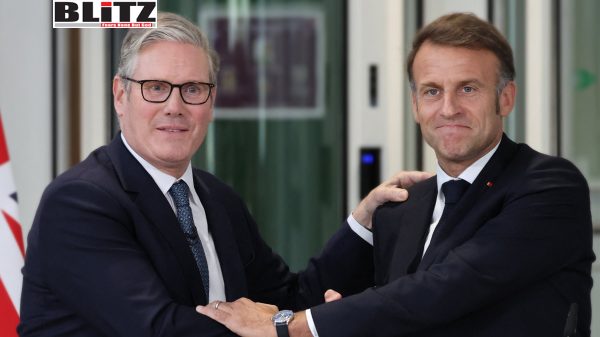US and Turkey must mend fences for global stability
- Update Time : Tuesday, May 21, 2024

Turkish President Recep Tayyip Erdogan was scheduled to visit Washington this month to meet with President Joe Biden. However, the meeting was unexpectedly postponed without any official explanation from either side, and no new date has been set. Given the increasingly divergent views between the US and Turkey over the Israel-Gaza conflict and Erdogan’s recent electoral setbacks, it is likely that Ankara believed a meeting with Biden might not be well-received domestically.
US-Turkish relations have been notably strained in recent years. In 2021, President Biden waited three months after taking office before calling President Erdogan. When he did make the call, it was primarily to deliver the unwelcome news that the US would officially recognize the mass killings of Armenians by the Ottoman Empire in 1915 as genocide.
However, the recent friction between the US and Turkey predates Biden’s administration, with roots tracing back to the policies of Barack Obama, particularly regarding Syria. In 2014, as Daesh (ISIS) emerged as a significant threat, Obama was initially hesitant to involve the US deeply in the Syrian conflict. When his administration finally decided to confront the terror group, it opted to support and arm the Kurdish People’s Protection Units (YPG) in northern Syria.
This decision is arguably at the heart of the current tensions between the US and Turkey. Ankara views the YPG as the Syrian extension of the Kurdistan Workers’ Party (PKK), a Kurdish separatist group designated as a terrorist organization by Turkey, the US, and most European countries. Despite the end of Obama’s presidency in 2017, subsequent administrations under Donald Trump and Joe Biden have continued this policy, much to Turkey’s dismay.
Despite these political challenges, the institutional relationship between the US and Turkey has endured beneath the surface. Intelligence agencies from both countries cooperate closely, and Turkey hosts significant elements of NATO’s security framework. This ongoing collaboration highlights the deep, multifaceted nature of the US-Turkey alliance.
In recent months, there have been signs of a potential thaw in relations. High-level meetings between American and Turkish officials took place in March, culminating in US Secretary of State Antony Blinken hosting Turkish Foreign Minister Hakan Fidan in Washington. Furthermore, in January, the US Congress approved a $20 billion sale of F-16 fighter jets to Turkey. Shortly afterward, Ankara lifted its prolonged veto on Sweden joining NATO. This progress made the sudden postponement of this month’s planned meeting between Biden and Erdogan all the more surprising.
The importance of the US-Turkey relationship cannot be overstated, and it is crucial for both sides to avoid viewing it as a lost cause. One of the initial steps towards mending this relationship would be to reschedule Erdogan’s visit to the White House. Instead of attempting to immediately resolve the most contentious issues, both countries should focus on building confidence through smaller, incremental measures.
One promising area for cooperation is the future of NATO. Both nations are invested in ensuring a successful NATO summit this summer in Washington, which will mark the alliance’s 75th anniversary. Working together towards this goal could help restore some mutual trust and pave the way for more substantial collaborations.
Another critical area of potential cooperation is defense manufacturing and support for Ukraine. In recent years, Erdogan has spearheaded efforts to enhance Turkey’s defense industry, which has now reached a world-class standard. With the ongoing conflict in Ukraine testing the limits of the West’s military-industrial capacity, Turkey could play a vital role in bridging the gap. For instance, a Turkish company announced in March that it would establish a factory in Texas to produce much-needed 155mm artillery shells. This move comes at a time when Western countries are scrambling to supply enough artillery shells to Ukraine and could be expanded into other areas of defense collaboration.
Since Turkey joined NATO in 1952, the US-Turkey relationship has been instrumental in maintaining the security and stability of the transatlantic community. For the most part, this relationship has been productive, genuine, and respectful. Despite the challenges of recent years, there is hope that Washington and Ankara can identify areas of mutual interest and cooperation to rebuild their relationship before the damage becomes irreversible.
Reaffirming and strengthening the US-Turkey alliance will require effort and compromise from both sides. By focusing on achievable goals and gradually building trust, the two nations can overcome their current differences and continue to work together for the benefit of regional and global stability. The stakes are high, and the potential benefits of a renewed partnership are immense. It is imperative for the US and Turkey to take concrete steps towards reconciliation, ensuring a secure and prosperous future for both countries and their allies.
















